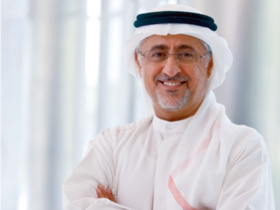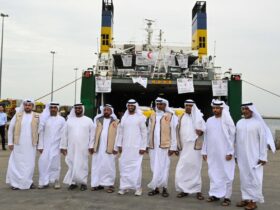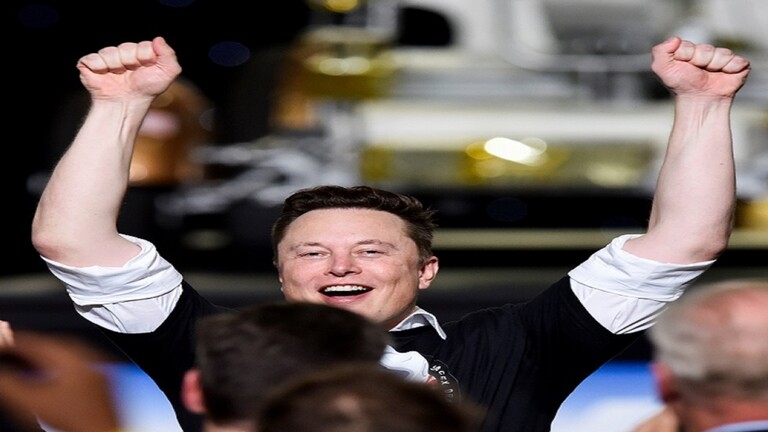Dubai – Masaader News
Dubai has announced the launch of its long-pending ambitious waste-to-energy project at Warsan area.
The Dh2.5-billion project aims to treat 1.82-million tonnes of solid waste annually, with a total capacity to generate 185 MW of electricity, Hussain Nasser Lootah, Director General of Dubai Municipality, announced at a press conference on Monday.
This will be the world’s largest waste-to-energy plant operating at one site, officials said.
The construction will begin within a few months and the plant will be functional before Expo 2020, said Lootah.
The plant is capable of providing power to 120,000 homes, equivalent to 2,000 skyscrapers the size of Burj Khalifa.
That is roughly 2 per cent of the annual electricity consumption in Dubai.
“This will give a lot of support to maintain and achieve sustainability in Dubai,” said Lootah.
“We are undertaking this project for the development of the city with the cooperation of our partner Dewa [Dubai Electricity and Water Authority],” he said.
Around 5,000 tonnes of waste will be treated at the plant every day.
Saeed Mohammad Al Tayer, MD and CEO of Dewa, said the authority will be the offtaker of the project.
Speaking to Gulf News he said the plant will be connected to Dewa’s grid through HV 132kV cables.
“This will be a new source of [power] supply for Dubai. This will improve security of supply,” said Al Tayer.
The municipality has partnered with Swiss company Hitachi Zosen Inova and Belgian construction company Besix Group to build and operate the plant.
Lootah signed an agreement with the senior executives of these companies at the press conference.
Lootah said the landmark project will ultimately support Dubai’s vision of becoming the world’s most sustainable city.
The project will help achieve Dubai Municipality’s strategic goals and pillars of environmental protection, promote the sustainability of natural resources, integrated waste management and divert 100 per cent of waste from landfills by 2030.











